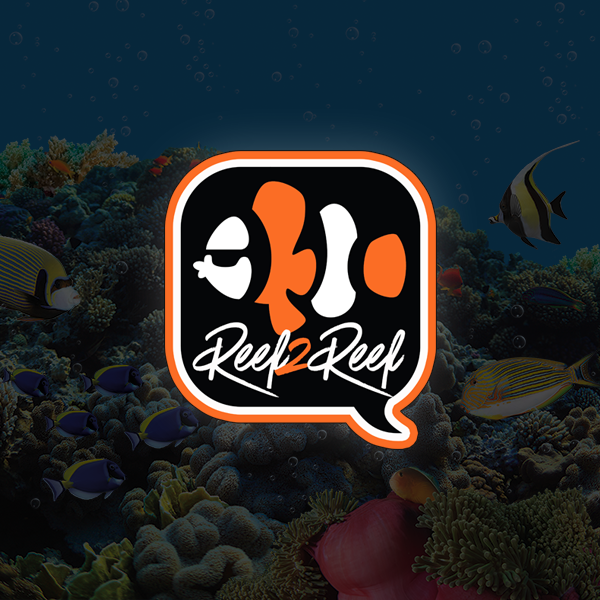- Joined
- Jan 19, 2020
- Messages
- 1,381
- Reaction score
- 1,848
@arking_mark what will your target alk be now? Ive been in this rabbit hole for a bit also. Great discussion!
Alkalinity is the capacity of water to resist acidification.
If a solution has a low ph it’s acidic and high ph is considered basic. So it seems that a higher Alk would be preferred to combat acidification, low ph.
I think I’m getting there. What I’m missing is why doesn’t my buffer of choice counteract the infusion of CO2?
That is if the definition of Alkalinity above is correct.
Alkalinity is the capacity of water to resist acidification.
If a solution has a low ph it’s acidic and high ph is considered basic. So it seems that a higher Alk would be preferred to combat acidification, low ph.
the pH is solely controlled by the concentration of carbon dioxide in the atmosphere above the system.
I think I’m getting there. What I’m missing is why doesn’t my buffer of choice counteract the infusion of CO2?
That is if the definition of Alkalinity above is correct.



















